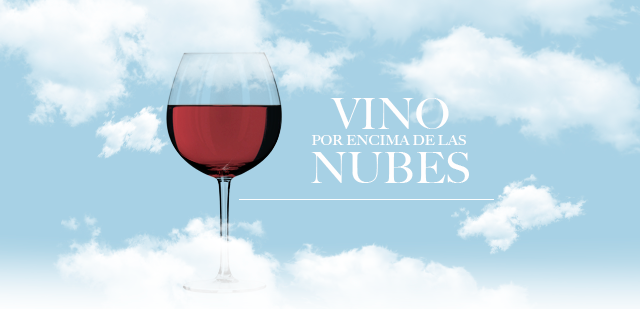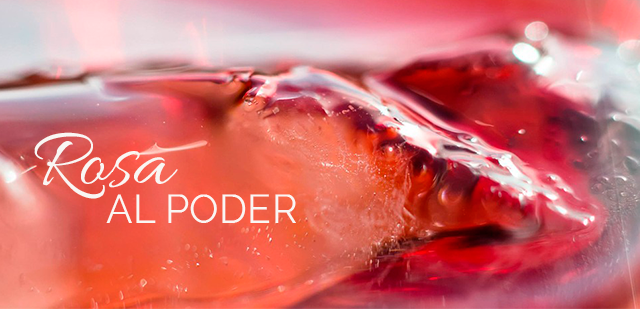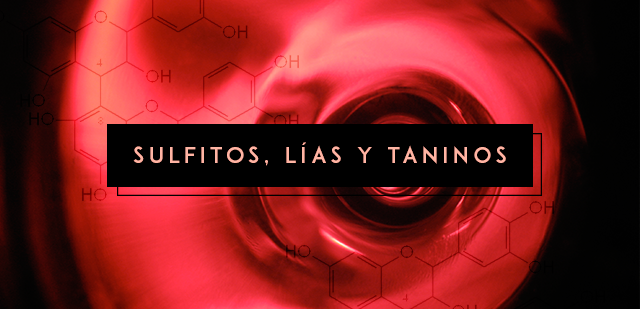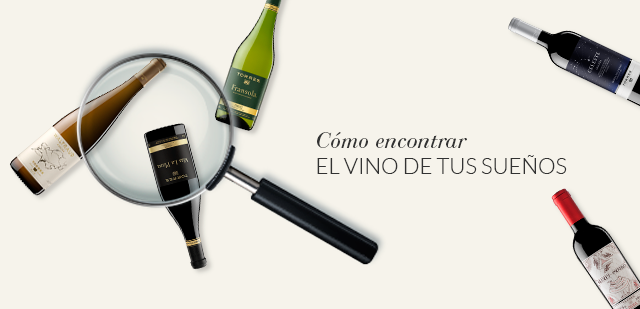Wines above the clouds

Perhaps you are flying with Air New Zealand to the other end of the world or with ANA to Japan. You might have your own Wild West experience with United Airways, travel in indulgent luxury with Singapore Airlines or enjoy the elegant service of Lufthansa. What all these flying experiences have in common is wonderful food and fine wines to make the journey more enjoyable. You are looking forward to sipping your favourite Chardonnay or tasting one of the great red wines, but at 30.000 feet above the ground not only does the food taste differently, so do the wines.
Enjoying wines in an aeroplane far above the clouds is a different experience to when both feet are on the ground. The world of flying follows other laws and this rule applies to wine too. The ingredients are unchanged: acidity, tannins, residual sugar and dry extract as well as aromatic compounds are still found in the bottle, but the wine smells and tastes differently. Numerous tests on Lufthansa long haul flights as well as research carried out by the Fraunhofer Institute at Holzkirchen have revealed fascinating facts. It is not the wine which changes its character but rather the consumer who perceives the wine differently.
Everything starts with the smell. Above the clouds aromas are much less prominent. To attribute this to different glass shapes is not the answer. There are actually two main components influencing aromas on board: in an aeroplane the air is dry with only around 15% humidity and this dries the mucous membranes in the nose. The impact of this is to reduce the appreciation of smell and the lower pressure in the aircraft emphasises this. An aromatically restrained wine will appear almost neutral under these conditions while suddenly a richer wine appears more elegant. The first sip will be quite intriguing as the taste is also quite different. There is also another very interesting impact with sweetness as this is also less obvious above the clouds than on the ground. A medium dry wine will seem to be almost dry in character. The same effect can be observed with alcohol. Alcohol loses strength and an opulent wine seems much lighter on board than on the ground. In fact, this can be quite a dangerous aspect as alcohol works much faster in the low-pressure atmosphere of an aeroplane so that a passenger feels tipsy more quickly. Therefore, it should be remembered to always drink wine in moderation. Another striking experience is with the acidity, which presents itself in a much more pronounced way in the air than on the ground. A very dry Riesling with high acidity might taste rather sour in an aeroplane, which would explain why passengers tend to prefer wines with gentle or well-integrated acidity. Tannins also seem to be firmer and more expressive in the air and a rather tannic wine might appear bitter. There is only one way to avoid a negative experience: the wine has to be mature with well-knit tannins and a velvety character.
The reasons behind these effects are quite logical: human beings are not birds. Even the most modern aircraft and the most comfortable seats will not change the body. When a human being is in an aeroplane, a large number of effects influence the body. First there is acceleration which puts pressure on the body and makes it “work”. Then there is permanent vibration. The human body feels vibrations even on a very smooth flight and will also be in a state of “work”. Therefore, the appetite for carbohydrates, which guarantee an immediate supply of energy is huge. To allow the intake of a large quantity of carbohydrates, the body reacts with a lowered sensitivity for them. It is almost the same effect as with chocolate: when one works extensively, chocolate tends to disappear with ease. On the other hand, tannins and acidity would be contra-productive in this situation. An over acidified body would be in a poor state, not able to work. Moreover, tannins have a tranquilising effect. This means that the sensitivity for both components is enhanced. Any airline which chooses its wines bearing in mind such aspects will be successful with its selection.
Markus del Monego



